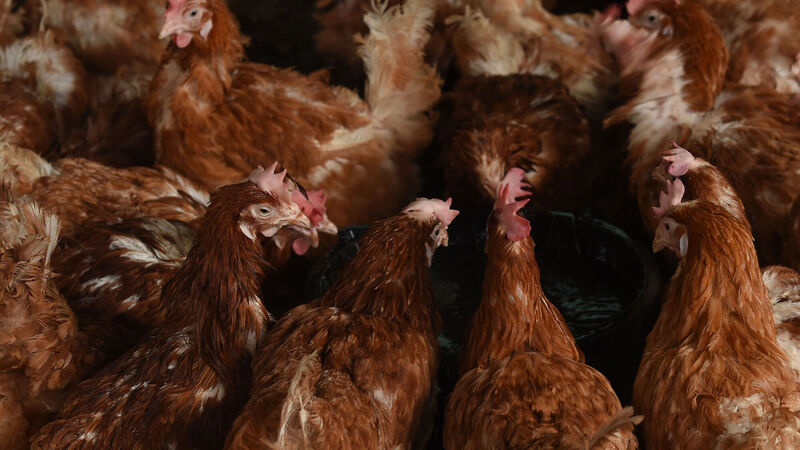Poultry sector on high alert as cases of bird flu hit Ireland

Avian influenza recently spread to western Europe after outbreaks in Russia and Kazakhstan this summer.
The poultry sector on the island of Ireland is on high alert in the run up to the normally busy Christmas period after two individual cases of bird flu were recently confirmed in Limerick and Derry.
A peregrine falcon in Limerick and a dead wild swan found at Lough Beg near Toomebridge, Co Derry, were found to be infected.










